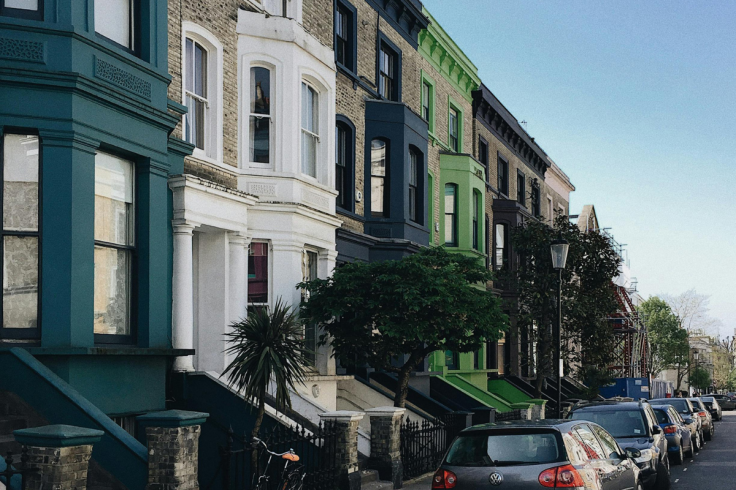Britain's Property Powerhouse Falters As Young Buyers Bolt North
Wealthy international buyers, once the backbone of London's luxury market, are also turning away

London's once-thriving property market, long a magnet for wealth and ambition, is facing a stark reality reversal.
Owning a home in the capital, previously a near-guaranteed path to riches, has become a financial burden for many, with young buyers heading north and wealthy elites shunning Britain's high taxes.
According to The Telegraph, the city's 'super prime' market, once driven by international investors, has hit a wall, while first-time buyers find London increasingly unaffordable.
This shift is reshaping the capital's economic and social fabric, raising questions about its future as a global property hub.
Escape North for Affordable Homes
Young buyers are fleeing London in droves, drawn to northern cities like Manchester and Leeds, where property prices are significantly lower.
The average London home now costs £583,200 ($788,693), nearly double the national average of £302,400 ($408,952), according to Reuters. This gap, coupled with stagnant wage growth and high living costs, has made homeownership a distant dream for many under 35.
'Across large swathes of the UK, first-time buyers need two good incomes,' notes a sentiment echoed in X posts, with many citing northern cities' affordability and quality of life. For example, Manchester offers homes at £200,000 ($270,471) on average, alongside growing job opportunities in tech and finance.
This migration is 'hollowing out' London, leaving behind an ageing population and fewer young professionals to sustain its vibrancy.
Navigate Tax Hikes Driving Elites Away
Wealthy international buyers, once the backbone of London's luxury market, are also turning away, deterred by rising taxes and political uncertainty.
The 'super prime' segment, properties above £5 million ($6.76 million), has seen a 20% drop in transactions since 2023, as reported by Forbes.
Higher stamp duty, non-dom tax changes, and capital gains tax increases have made Britain less attractive for global elites. 'Welcome to the Laffer curve, suckers,' as noted by @alexrecouso on X posts.
Cities like Dubai and New York are siphoning off these investors, with Dubai offering tax-free property gains and New York boasting a more stable investment climate.
This exodus is depressing prices in areas like Mayfair and Kensington, where mansions once sold for £40 million ($54 million) now linger on the market.
Adapt to a Cooling Market
London's property slump is reshaping its economy, with ripple effects on construction, real estate, and retail. House prices in the capital fell 3.2% year-on-year in 2025, compared to a 1.8% national decline, per Reuters.
Developers are scaling back projects, with new housing starts down 15% since 2024, and estate agents report fewer viewings. However, some see opportunity: northern investors are snapping up discounted London properties, betting on a long-term recovery.
Meanwhile, X posts reflect mixed sentiment, with some users optimistic about bargains and others lamenting lost equity.
Policymakers face pressure to ease taxes or boost housing supply to revive the market, but solutions remain elusive.
London's Property Crown Slips
London's days as a property goldmine are fading, replaced by a reality where young buyers seek affordability elsewhere and elites shun Britain's tax regime.
The capital must adapt to retain its allure, cutting taxes or building more homes could stem the tide, but time is short.
As northern cities rise and global hubs compete, London's property market faces a pivotal moment, reinvention is essential to avoid a lasting slump.
© Copyright IBTimes 2025. All rights reserved.




















